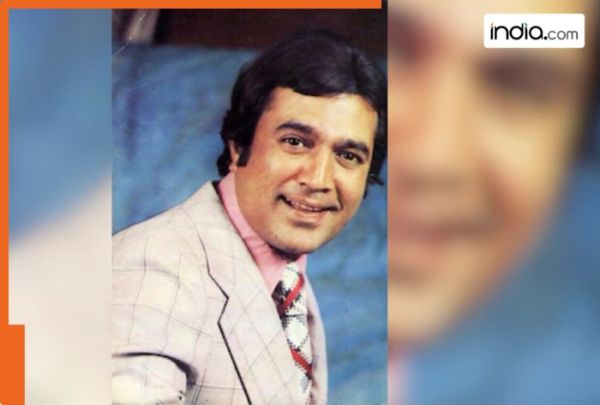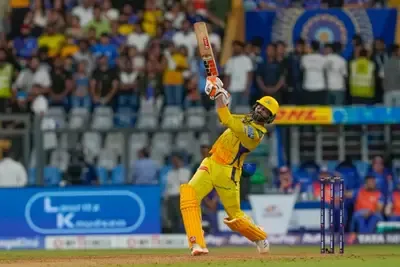India’s New Delhi Five current and former senior executives of IndusInd Bank are prohibited from trading in the securities market by an interim order issued by the Securities and Exchange Board of India (SEBI), which claims that they engaged in insider trading that prevented them from collectively avoiding losses of almost Rs 19.78 crore.
The bank officials named in the May 28 ex-parte interim order from SEBI are Anil Marco Rao (Chief Administrative Officer, Consumer Banking), Sushant Sourav (Head of Treasury Operations), Rohan Jathanna (Head of GMG Operations), Arun Khurana (Executive Director and Deputy CEO), and Sumant Kathpalia (Managing Director & CEO).
A few of these representatives have already left their positions at the bank.
According to SEBI, “The bank accounts of Noticees are impounded to the extent of amount as mentioned in last column of Table 10 above, and Noticees are directed to open fixed deposit account(s) in their names so as to credit or deposit the aforesaid impounding amount with a lien marked in favour of SEBI and the amount kept therein shall not be released without permission from SEBI” .
After seeing a precipitous decline in IndusInd Bank’s stock price subsequent to the bank’s March 10, 2025, statement, SEBI initiated a suo motu inquiry.
Due to modifications required by the Reserve Bank of India’s (RBI) Master Direction, which was released in September 2023, the bank disclosed an inconsistency in the accounting of its derivative portfolio.
According to an order issued by SEBI, “Vide emails dated December 16, 2023, March 06, 2024 and May 05, 2024, figures of discrepancies Rs 1,572 crores, Rs 1,776.49 crores and Rs 2,361.69 crores for the period ending September 2023, December 2023 and March 2024, respectively, were circulated amongst the employees of IBL”
As early as September 2023, the bank’s internal staff identified the disparities, and by December 2023, they had internally informed senior executives—including those now under investigation—of the financial implications.
The bank postponed public disclosure until March 2025 even though they were aware of the severity of the problem.
The accused executives sold significant amounts of IndusInd Bank shares between December 4, 2023, and March 10, 2025, a timeframe that SEBI designated as holding undisclosed price-sensitive information (UPSI).
None of them purchased shares during this period, according to SEBI’s ruling, suggesting that they made conscious efforts to sell their shares before the bad news spread and the stock price plummeted.
The day after the revelation, on March 11, IndusInd Bank’s stock fell 27.17%, from Rs 900.60 to Rs 655.95.
In order to prevent losses of more than Rs 14.39 crore, Arun Khurana alone sold 3.48 lakh shares. In order to avoid losses exceeding Rs 5.2 crore, Kathpalia sold 1.25 lakh shares. Together, the other three authorities were able to prevent further losses of around Rs 19 lakh.
SEBI has now blocked the officials’ bank accounts up to the amount of the saved losses in its interim decision.
Additionally, they were instructed by the market regulator to store these funds in fixed deposit accounts that had a lien in favor of SEBI. Additionally, it forbade them from purchasing or disposing of any securities pending further directives.
Additionally, SEBI requested that they provide information about their financial holdings and assets within 15 days. The regulator also made it clear that it is still conducting its investigation and that other measures, such as fines, may be taken.









